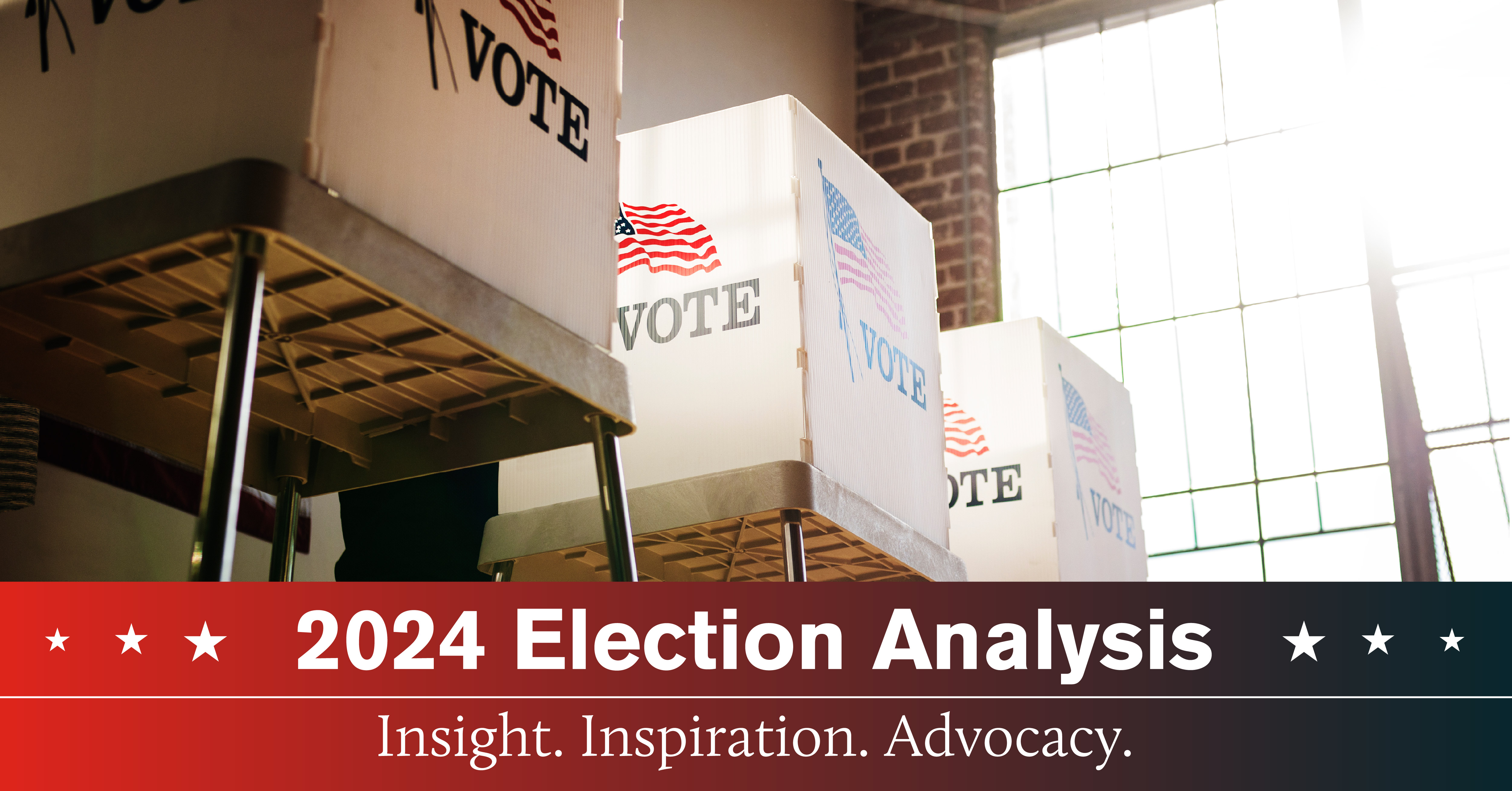In a departure from past jurisprudence, a recent DC Circuit decision questioned whether the White House Council on Environmental Quality (CEQ) had the legal authority to issue key regulations under the National Environmental Policy Act (NEPA). The decision, which evaluated federal planning related to tourist flights over national parks, interpreted CEQ’s NEPA regulations, which prescribe how federal agencies must comply with NEPA and have set the standards for federal agencies’ consideration of the environmental impacts of major federal actions for decades. The decision could impact how many agencies conduct and interpret environmental assessments in areas including biotechnology and agriculture.
The US Patent and Trademark Office (USPTO) has finalized its fee schedule for 2025. The updated fee schedule will take effect on January 19, 2025, and will represent a 7.5% across-the-board increase in USPTO fees.
Prop 65 Counsel: What To Know
Headlines that Matter for Companies and Executives in Regulated Industries
In Rodriguez v. Lawrence Equipment, Inc., Case No. B325261 (Nov. 8, 2024), the California Court of Appeal held that an employee who loses their Labor Code claims in an individual arbitration no longer has standing to pursue a claim on behalf of others in court under the Private Attorneys General Act (PAGA).
Employers wanting to create a more equitable and legally compliant workplace while also reducing their risk of litigation may want to pay particular attention to the California Court of Appeal’s recent decision in Wawrzenski.
This past July, we reported on the Centers for Medicare & Medicaid Services (CMS) release of the 2025 proposed Hospital Outpatient Prospective Payment System (HOPPS) and Physician Fee Schedule (PFS) rules. CMS has now released the 2025 final rules, though they will not be published in the Federal Register for several more weeks.
In the second and final part of this series, Chairman Anthony V. Lupo is joined by Diane von Furstenberg at the inaugural AFS Fashion Insiders Executive Forum, where Diane reflects on her journey from a young girl unsure of her path to a powerful woman, shaped by her iconic dress design.

Welcome to the November 2024 issue of “As the (Customs and Trade) World Turns,” our monthly newsletter where we compile essential updates from the customs and trade world over the past month. We bring you the most recent and significant insights in an accessible format, concluding with our main takeaways — aka “And the Fox Says…” — on what you need to know.
This past September, the US Department of Justice (DOJ) updated its Evaluation of Corporate Compliance Programs (ECCP).
Headlines that Matter for Companies and Executives in Regulated Industries
In recent years, Americans and policymakers in Washington, DC, have become increasingly fixated on artificial intelligence (AI), especially generative AI, and the economic and social considerations associated with the technology. While the emergence of the technology has led to increasing interest among Members of US Congress in both parties to set a foundation for its use in education, defense, research, and health, policymakers on the right continue to raise questions about whether, and how, the federal government should regulate AI.
Across the fashion and retail markets, artificial intelligence (AI) is revolutionizing design, marketing, and customer engagement. The legal implications surrounding intellectual property (IP) issues and the unchartered regulatory landscape puts companies at a crossroads.
On June 17, the International Centre for Settlement of Investment Disputes (ICSID or the Centre) published a report on the trends in enforcement and compliance of the awards rendered by arbitration tribunals constituted under the ICSID Convention.
This episode of the Private Company Strategies podcast is the first of our series, From Start-Up to Stand-Out. Hosts Adam Diederich, Berin S. Romagnolo, and Sara Rosenberg discuss the essential legal considerations for starting a business in the United States.
Headlines that Matter for Companies and Executives in Regulated Industries
In the latest installment of Five Questions, Five Answers, host Birgit Matthiesen is joined by Mr. Colin Bird, Canada’s Consul General in Detroit, Michigan. Consul Bird serves as Canada’s top representative for a large portion of the Great Lakes region.

The United States awoke on November 6 to a changed and improbable political landscape. The nation has re-elected Donald J. Trump as President and has given him a US Senate Republican majority and potentially a US House of Representatives Republican majority as well. As fatigued and steadfast local and state election workers continue to sort through ballots, we continue to look to the finalization of tallies for some remaining Senate and House races to determine the nature and size of Congressional majorities.
On October 28, the US Court of Appeals for the Fifth Circuit held that a nonprofit corporation that coordinates health care for privately insured patients does not qualify for tax exemption under Section 501(c)(4) because it is not “operating exclusively for the promotion of social welfare.”
This past August, the US Drug Enforcement Administration (DEA) announced plans to hold an administrative hearing on its proposal to move “marijuana” from Schedule I of the Controlled Substances Act — the most restrictive category — to Schedule III.
The International Centre for Settlement of Investment Disputes (ICSID or the Centre) announced on August 8, that it had registered its 1,000th case under the ICSID Convention and the Additional Facility.
The annual Battery Show and Electric Vehicle (EV) Technology Expo has become a must-attend event for the electric mobility industry. Now in its 14th year, the conference is billed as “North America’s largest advanced battery event,” hosting more than 19,000 attendees and over 1,150 exhibitors.
How Massachusetts senior living providers need to be thinking about the recently enacted Long Term Care Reform Law and a recent Centers for Medicare & Medicaid Services audit of nursing homes.

On August 28, the Financial Crimes Enforcement Network (FinCEN) issued a final rule establishing anti-money laundering and countering the financing of terrorism (AML/CFT) compliance obligations for US Securities and Exchange Commission (SEC)-registered investment advisers.
Headlines that Matter for Companies and Executives in Regulated Industries